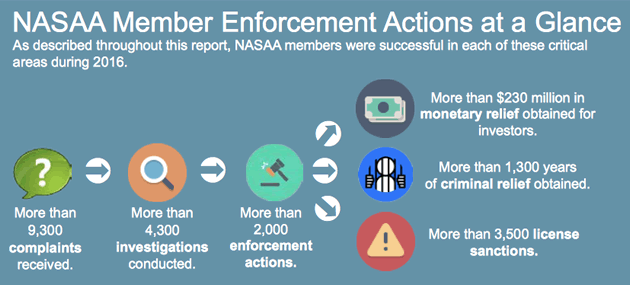
In a move that could be categorized as ‘seismic,’ Morgan Stanley has decided to quit the Protocol for Broker Recruiting. Originated in 2004, the document created a methodology to engineer the departure of brokers from one firm to join another.
Since then, it has protected departing brokers from litigation and temporary restraining orders, and ensured they do not share client information with their new firm without the clients’ consent.
For nearly 13 years, we have observed brokers moving between firms, and clients following them, more often than not. Meanwhile, brokerages have tried to train new recruits who can hold on to the clients of more experienced advisers. Now, Morgan Stanley will no longer be restrained by the Protocol, and they will likely go after departing brokers (who have taken their clients with them) much more aggressively.
 FINRA Lawyer Blog
FINRA Lawyer Blog

















